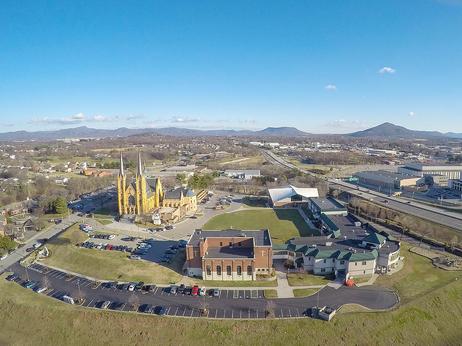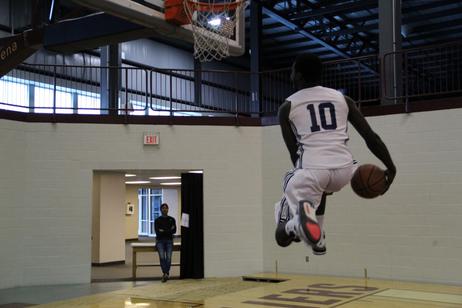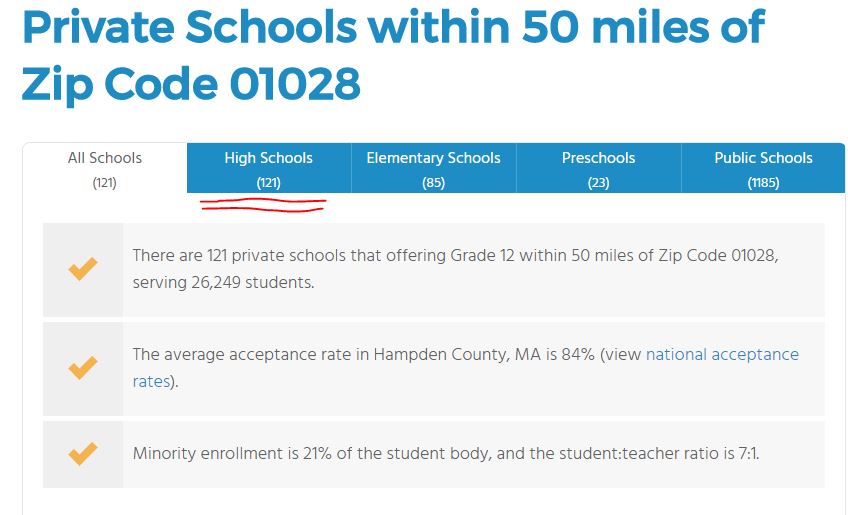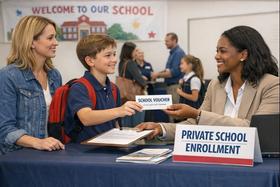Editor's Note: I asked Stephen Alexander of Wilson International to explain how outsourcing a boarding program works. ~Rob Kennedy
1. Tell us about Wilson International, its history, and the services it provides for schools.
Wilson International aims to be at the forefront of global trends in private preparatory school education, providing a housing solution to schools that recognize the value of increased diversity and academic caliber of prospective students. The company was founded just this year for our first program in Roanoke, Virginia. Beyond providing a much-needed housing solution to our affiliate schools, Wilson cherishes the opportunity to help nurture thoughtful and competent global citizens within the framework of our affiliate schools' mission statements. Here in Roanoke, Wilson provides 16 rooms and 48 beds to its affiliates in a recently restored historical building in the heart of downtown. The building is updated with a fully secured access control program, designated fiber optic internet service, laundry facilities, and a full-time chef. In addition to room and board, Wilson provides a residential life program for its students and is also creating a recruiting branch of the company to assist day schools that need a jump-start in their international admission goals.
2. What prompted North Cross School and Roanoke Catholic School to add a residential option to their programs?
Both schools had engaged in specific and strategic initiatives to increase the diversity and caliber of their prospective students in the last seven years. Because both schools are



























